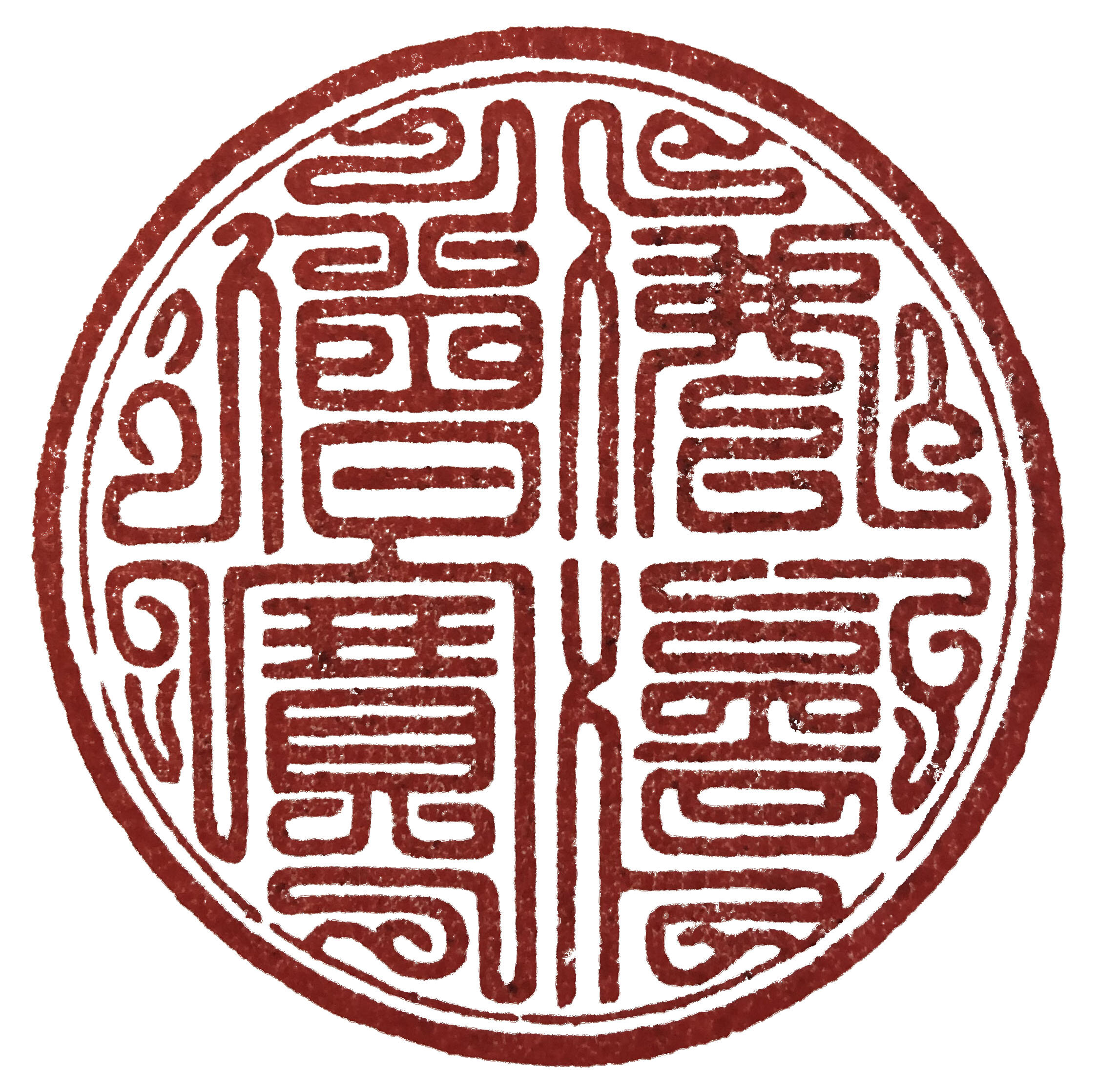Enlightened By More Than Just Ze
In reading the new book “Discovering the True Self: Kodo Sawaki’s Art of Zen Meditation” I am reminded of the fact that more than just Zen, or zazen uncovers our innate enlightenment. While zazen is the primary practice of the Zen sect, it is not the only practice in the Zen sect. Just like most of my favorite teachers in Soto Zen Kodo Sawaki did not only practice Soto Zen. Sawaki Roshi studied Jodo Shinshu at senjuji as well as Yogacara at Horyuji.
These practices greatly influenced Sawaki Roshi’s practice of Soto Zen and zazen. Just as the influential Soto founder in Japan, Dogen had studied Tendai on Mt. Hiei, Rinzai at Kenninji, and Soto at Tendozan in China; so too did these practices affect Dogen’s understanding of Buddha-Dharma and shaped that of Japanese Soto. There is a tendency for many priests to focus on the “authenticity” of Soto Zen, even at the exclusion of “other” types of Buddhism. Yet, the priests that tend to be most influential teach to the capacity of the listener. For Sawaki Roshi zazen was the same as the nembutsu practice for Jodo Shinshu. The deep heartfelt practice of placing ones hands together and reciting “Namu Amida Butsu” I take refuge in Amida Buddha, has the same spirit and power as sitting quietly embodying the Buddha in shikantaza.
In my experience there is no “other power” of relying on Amida, nor “self power” of practicing zazen on my own, in Buddhism. As the Shariraimon states 入我我入 nyuga ganyu, or {Buddha} enters us, as we enter {buddha} is a simultaneous action when practicing the Dharma. As we practice zazen, taking refuge, practicing the precepts, or invoking the Buddhas and Bodhisattvas, we become Buddha and Buddha becomes us. There is no difference from the practice of Buddha-Dharma and being a Buddha. When we practice with our body (zazen/mudra), speech (chanting/nembutsu/mantra), and mind (zazen/study/sutras) we embody the very Buddha of our being. This way we become a refuge for others, as we take refuge ourselves.
Namu Kie Butsu
Namu Kie Ho
Namu Kie So
nyuga ganyu we enter the Buddha, Buddha enters us.

